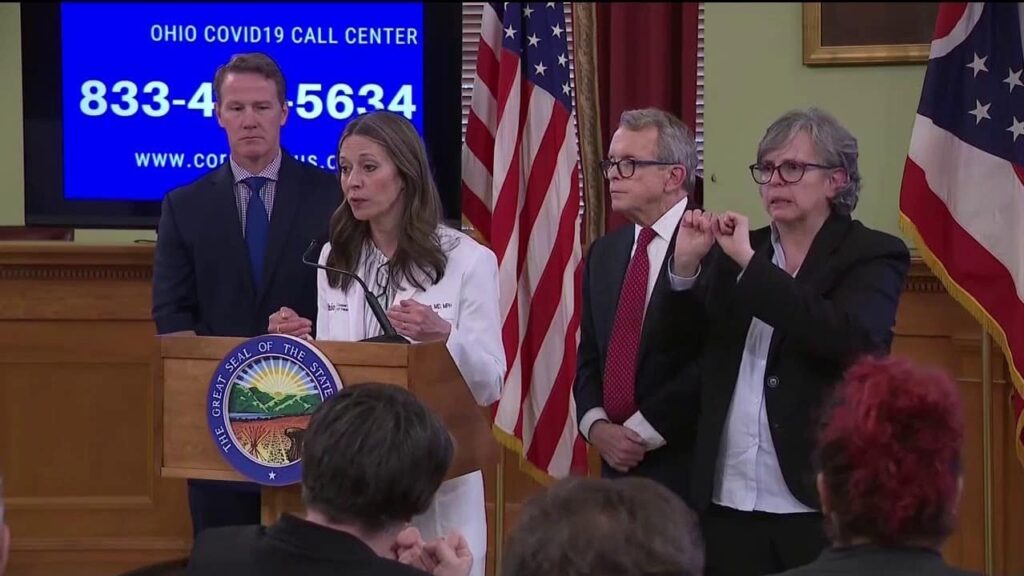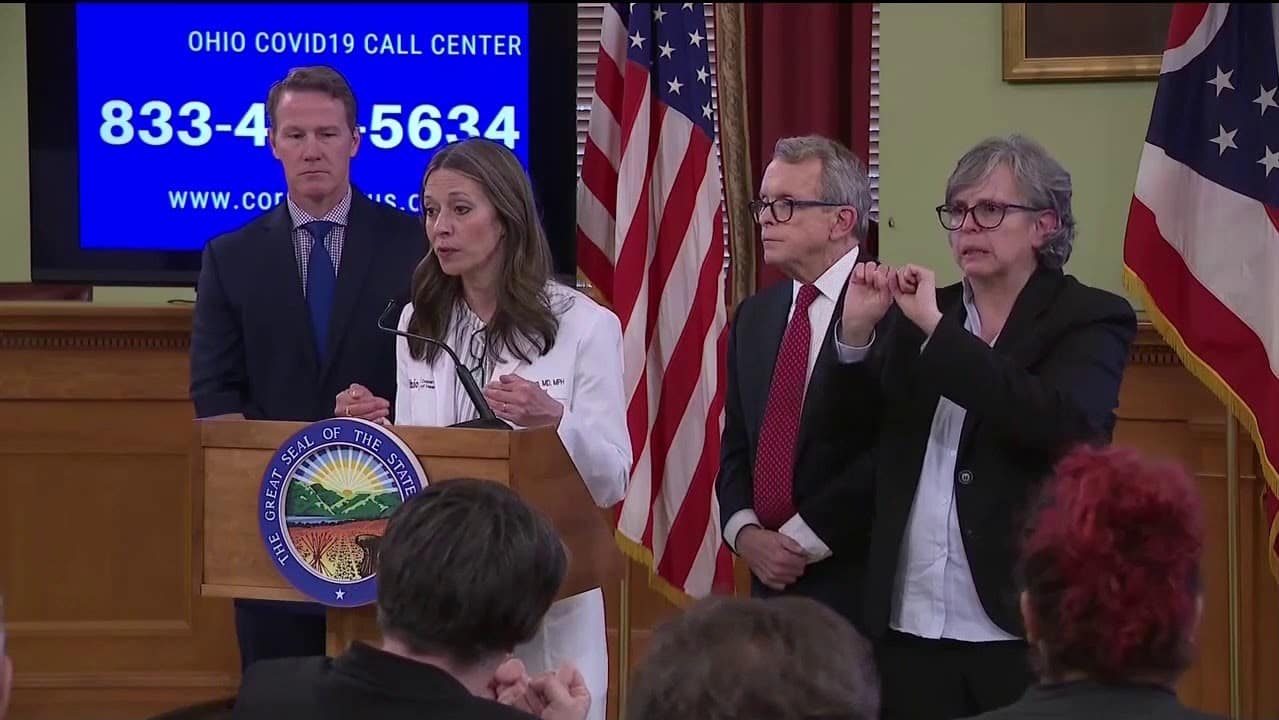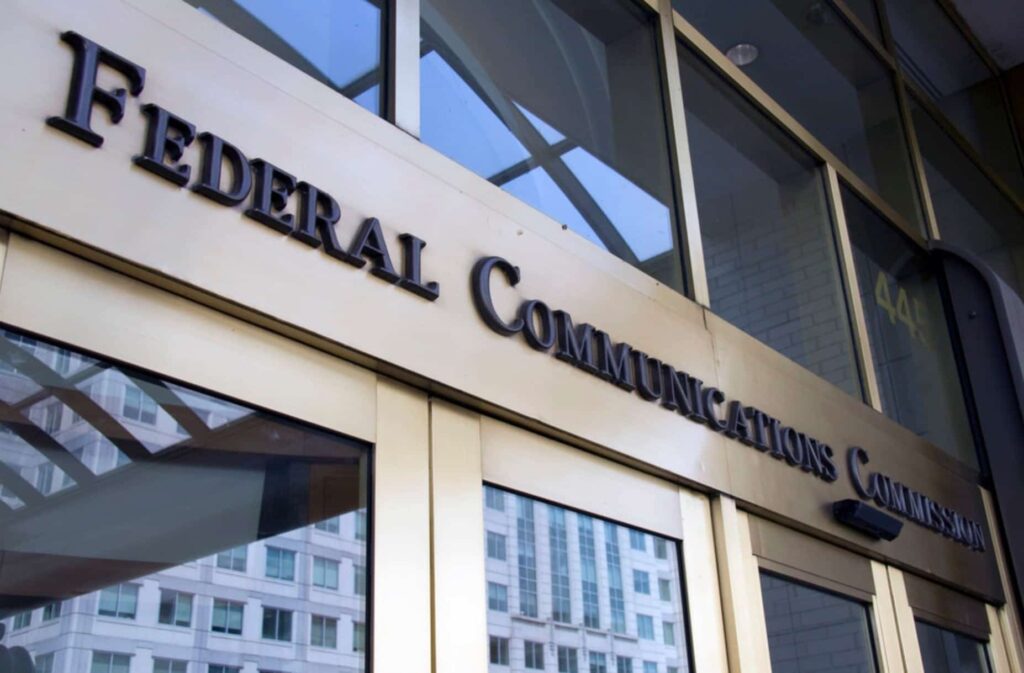Welcome to the latest edition of “ADA in the News,” featuring recent news, updates, events, and rulings regarding the Americans with Disabilities Act.
Accessibility and COVID-19
The National Association of the Deaf and the National Council on Disability have sent letters to the White House asking why there aren’t sign language interpreters during coronavirus (COVID-19) task force public briefings.

“From the first White House press conference on this coronavirus, the NAD has received daily complaints from deaf and hard-of-hearing citizens across the country asking why their president is not ensuring they are getting the same access to emergency information as everyone else,” the NAD’s letter stated. “Nearly all 50 states’ governors have had qualified ASL interpreters next to them at their coronavirus public briefings, and we ask the same for the White House.”
As the coronavirus continues to dominate headlines and conversations around the world, it’s essentially important for people to have access to information on how to protect themselves and how to obtain necessary – and, in some cases, life-saving – health services.
Though the disease is impacting people from all walks of life, the World Health Organization says it presents particular risks for many people with disabilities. For example, advocates warn that going to the hospital may be very different during the pandemic.
Healthcare providers, including doctor’s offices and hospitals, have legal obligations with respect to serving deaf and hard-of-hearing (DHOH) patients and companions. The Americans with Disabilities Act (ADA) has requirements that healthcare providers make available effective communication to those who request it. This might include in-person sign language interpreters, captions, video remote interpreting, lip-reading, written communications, hand-held amplification devices, or speech-to-text apps.

Deaf and hard-of-hearing groups and advocates such as NAD, Hearing Loss Association of America, Telecommunications for the Deaf and Hard of Hearing, and Gallaudet University, as well as deaf doctors and other experts, have created a guide to help patients during the pandemic.
Other questions being discussed in regards to the coronavirus include how social distancing impacts support service providers and tactile interpreters for individuals who are deaf-blind, access to virtual meetings now that a large number of companies have made their workforces remote, and access to classroom instruction as students who need special accommodations have been moved to online learning environments.
Medical Centers Settle ADA Claims
Southern California Permanente Medical Group and Kaiser Foundation Hospitals have agreed to settle allegations that they violated the Americans with Disabilities Act by failing to provide a qualified sign language interpreter to a patient who is deaf.
The complaint was filed by a patient who alleged that he was not provided effective communication during medical center visits from 2012 through 2016.
Under the settlement, Southern California Permanente Medical Group and Kaiser Foundation Hospitals agree to provide equipment and services – including qualified sign language interpreters – so that people who are deaf or hard of hearing have full effective communication and equal access to medical appointments, treatments, and emergency visits. The agreement also includes staff training on auxiliary aids and services and the designation of a diversity coordinator.
Additionally, Boston’s Tufts Medical has agreed to improve access to its facilities for people with disabilities as a result of an ADA compliance review.
According to the U.S. Justice Department, the hospital has agreed to improve services for patients who are deaf or hard of hearing, remove barriers at public and common areas, make all restrooms wheelchair accessible, and provide accessible patient rooms for each medical service.
The hospital also will hire an ADA coordinator and train staff on ADA compliance.
Police Department Settles Federal Lawsuit

A woman sued the Somerville Police Department and Somerset County Jail, arguing that she was not provided an interpreter during a traffic stop after being detained on a parking ticket warrant in 2017.
The lawsuit claimed that authorities ignored the woman’s attempts at communication and requests to have an interpreter, which violated both New Jersey Law Against Discrimination and the Americans with Disabilities Act.
The agreement allows for an interpreter to be someone who is on staff or someone who the police department chooses to call. In emergency situations or those occurring when an onsite interpreter is not available, police officers will be permitted to use written notes and charts.




